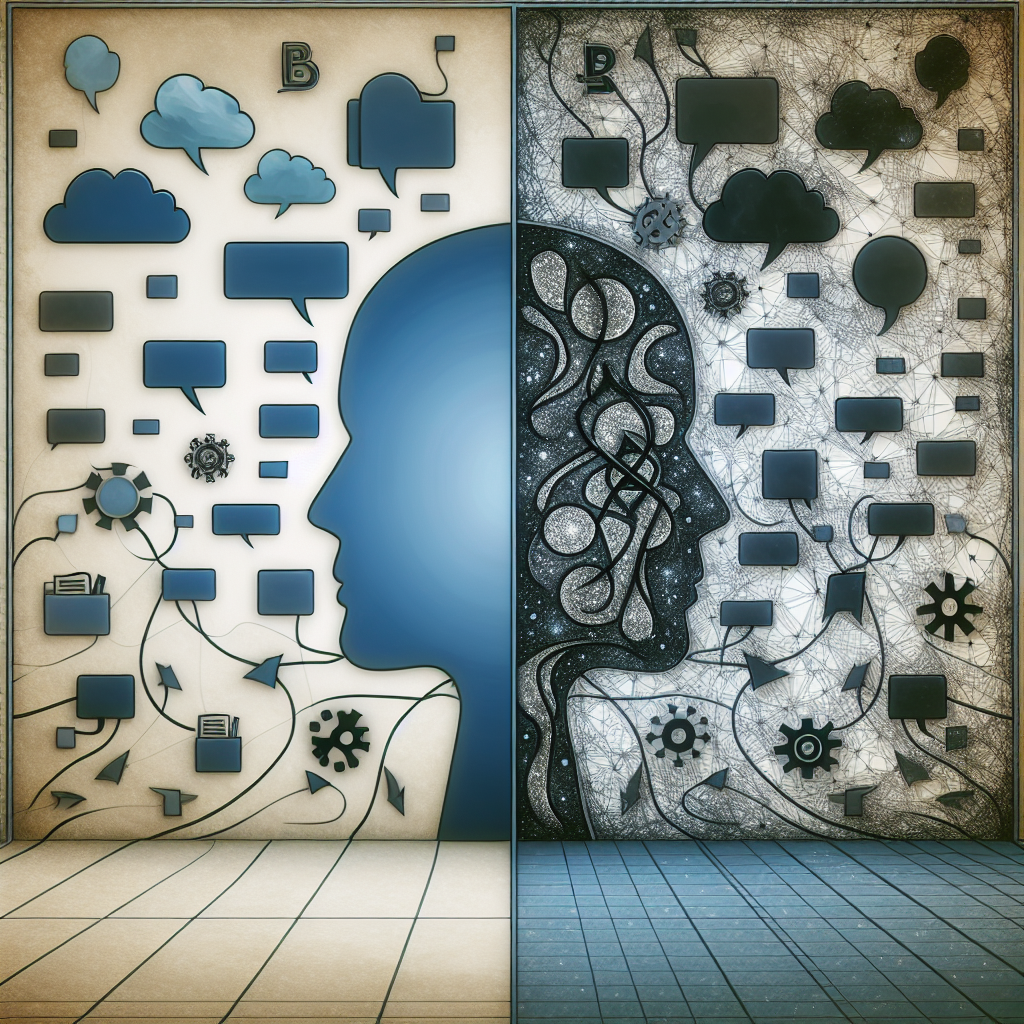Lying is one of the most paradoxical human behaviors. We’re taught from childhood that honesty is a moral virtue, yet research shows that nearly everyone lies — not just in moments of desperation or self-preservation, but often for no apparent reason at all. From harmless “white lies” to more elaborate fabrications, deception is woven into the fabric of our social lives. But why do we do it, even when telling the truth would be easier or carry no real consequence?
At its core, lying is not merely a moral failing but a complex psychological and social tool. Our brains are wired for it. Studies using brain imaging have shown that the prefrontal cortex — the area responsible for decision-making and impulse control — becomes active when we lie, suggesting that dishonesty requires cognitive effort. Yet, with repeated lies, that effort decreases. The amygdala, which processes guilt and emotional discomfort, becomes less reactive the more we lie. In other words, the brain adapts to deception, making it easier over time. That’s why a “small lie” can often lead to bigger ones — not out of malice, but because the mental resistance weakens with practice.
However, not all lies serve the same purpose. Some are defensive, meant to avoid punishment or embarrassment. Others are prosocial — lies told to protect someone’s feelings or preserve harmony. When you tell a friend you love their new haircut (even if you don’t), you’re not trying to deceive for personal gain; you’re maintaining social cohesion. Anthropologists even argue that such “white lies” helped early human groups survive, fostering cooperation and trust by smoothing over potential conflicts. Ironically, lying can sometimes sustain relationships more than brutal honesty ever could.
But then there are the stranger lies — the ones told without clear benefit. A person might lie about having read a book they haven’t, or about being late because of “traffic” instead of admitting they lost track of time. These lies often arise from self-image maintenance. Humans are storytellers of the self, constantly curating the version of “me” they show to others. We lie, in part, to control perception — to appear competent, kind, interesting, or even just normal. The truth, unfiltered, might threaten that narrative. So, we smooth the edges.
Social context also plays a huge role. In some cultures, direct honesty is seen as rude or socially clumsy, while polite deception is considered tactful. In Japan, for example, avoiding a blunt “no” in favor of a vague “we’ll see” maintains harmony and respect. In the Western world, meanwhile, “honesty” is praised — yet people still lie about their opinions, finances, and relationships, often to meet unspoken social expectations. The cultural contradiction is telling: truth-telling is an ideal, but lying is a social lubricant.
Then there’s the curious phenomenon of self-deception — lying to ourselves. This might seem illogical, but it serves a psychological purpose. Self-deception helps us cope with anxiety, failure, or cognitive dissonance — the discomfort of holding conflicting beliefs. We convince ourselves that an unhealthy relationship is “fine,” that a bad habit is “under control,” or that we’re “doing our best” when we know otherwise. This selective blindness shields our self-esteem and keeps us functioning. In some cases, self-deception can even boost performance by sustaining confidence when evidence says otherwise.
Ultimately, lying is less about moral weakness and more about emotional management. It reflects our need to belong, to be accepted, and to maintain a coherent self-image in a messy, judgmental world. The truth is that honesty, while noble, is often socially costly — it can embarrass others, damage relationships, or expose vulnerabilities. Lying, in contrast, offers a quick, if fragile, way to protect those things.
We lie not just because we can, but because it helps us navigate the complex social dance of being human. The next time you tell a small, unnecessary lie — and you will — consider what purpose it’s really serving. You might find that it’s not about deceit at all, but about connection, comfort, and the quiet art of surviving in truth’s shadow.




